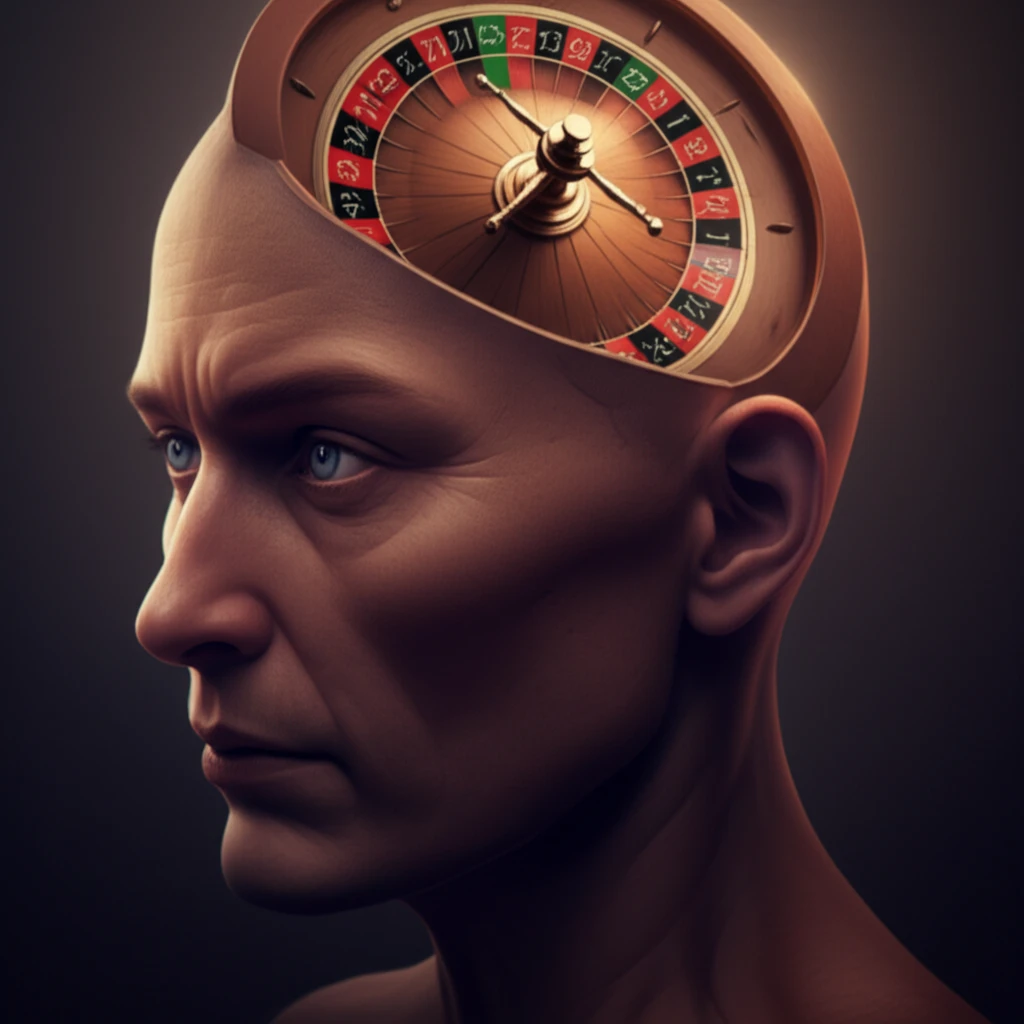
Beat the Odds: Unmasking Gambling Fallacies and How to Stay Sharp
"Are your beliefs about gambling based on luck or logic? Learn to identify common cognitive traps and protect your wallet."
We all rely on mental shortcuts to navigate the world, but sometimes these shortcuts lead us astray – especially when money is on the line. In gambling, these mental missteps are known as 'gambling fallacies,' and they can significantly impact your decisions and potentially lead to financial losses. But what exactly are these fallacies, and how can you protect yourself from them?
While general cognitive biases affect decisions, gambling fallacies are specific, erroneous beliefs about how gambling works. These beliefs are common, particularly among problem gamblers. Correcting them is central to many programs designed to prevent and treat problem gambling.
However, it's essential to approach this presumed link with caution. While studies show a connection between problem gambling and these fallacies, it's not always clear which comes first. Furthermore, there's a lack of agreement on what exactly constitutes a 'gambling fallacy' and how best to measure it. This article aims to clarify these points, offering insights into the nature of gambling fallacies and how to assess them effectively.
Decoding Gambling Fallacies: Are You Falling for These Myths?

Gambling fallacies stem from a misunderstanding of randomness and control. Here are some of the most common traps:
- The Hot Hand Fallacy: Believing that a winning streak means continued success.
- The Monte Carlo Fallacy (or Gambler's Fallacy): Thinking that a losing streak means a win is 'due'.
- Belief that Luck is Dispositional: Erroneously thinking luck favors certain people, numbers, or colors.
Sharpen Your Mind, Strengthen Your Game
Inadequate content validity in most comprehensive gambling fallacy instruments draws into question the strong etiological relationship gambling fallacies are presumed to have with problem gambling. This concern is compounded by the fact that all research reporting this association has been cross-sectional and correlational in nature.
By understanding these mental traps, you can make more informed decisions and enjoy gambling as a form of entertainment, rather than a path to potential problems.
Re-examination of this relationship using improved instrumentation in a longitudinal context is required.
